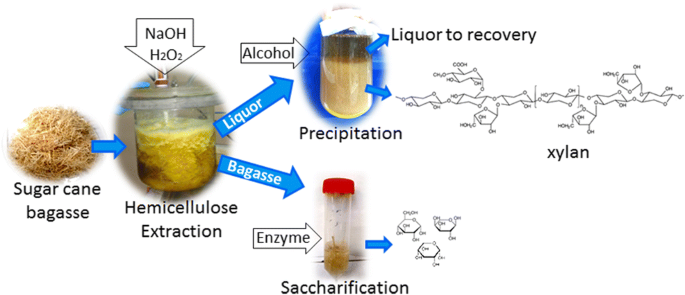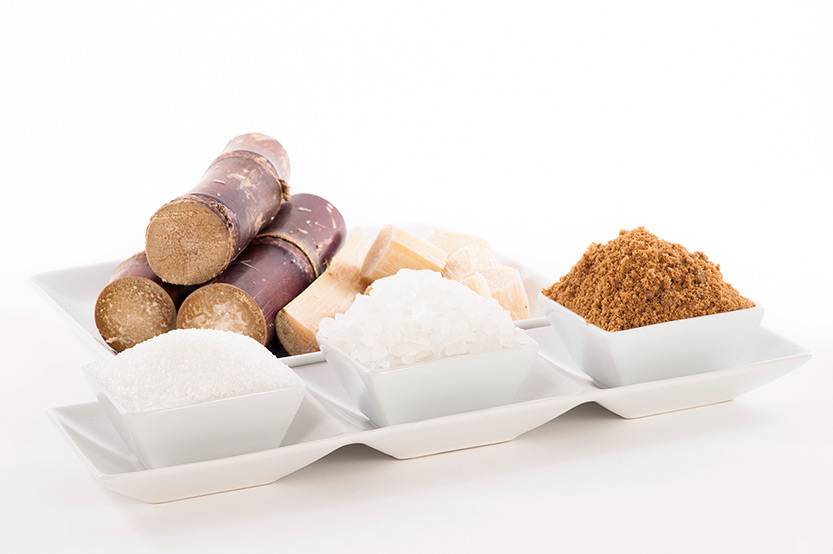Maximizar Rendimientos Y Minimizar Costos: Estrategias Avanzadas Para La Optimización Química Del Procesamiento De Azúcar De Caña
In the world of walking cane sugar handling, the search of maximizing yields while simultaneously lessening expenses stands as a powerful difficulty that needs a tactical blend of advanced chemical optimization strategies. Among this intricate web of approaches exists the pledge of opening untapped possibility and changing the really significance of sugar production.
Chemical Analysis for Performance
Chemical evaluation plays an essential function in enhancing the efficiency of sugar walking cane processing by offering essential understandings right into the composition and residential properties of the raw products. By conducting thorough chemical evaluations on sugar walking stick examples, cpus can identify the exact focus of sucrose, glucose, fructose, and various other elements existing in the raw material. This details is crucial for optimizing the numerous stages of the sugar walking cane processing chain, from crushing to condensation.
Moreover, chemical evaluation enables cpus to determine contaminations such as organic acids, healthy proteins, and minerals that can affect the top quality and yield of the last sugar item. By quantifying these impurities, cpus can implement targeted strategies to eliminate or reduce their results, eventually improving the general efficiency of the handling plant.
Furthermore, chemical analysis facilitates the tracking of procedure specifications such as pH, temperature, and thickness, allowing processors to make real-time changes to make sure optimal conditions for sugar removal and crystallization. Generally, a complete understanding of the chemical composition of sugar walking stick is essential for taking full advantage of returns, minimizing expenses, and keeping high item quality in the sugar production market.

Enzyme Utilization for Boosted Yields
With a calculated strategy to enzyme usage, sugar walking cane processors can dramatically improve their returns while maintaining functional performance in the production procedure. Enzymes play a crucial function in sugar walking cane processing by damaging down complex carbohydrates into easier sugars, hence enhancing the general sugar removal efficiency. By integrating certain enzymes tailored to target the different elements of sugar walking cane, such as cellulose and hemicellulose, processors can enhance the release of sugars throughout removal.
Enzyme use supplies the benefit of taking full advantage of sugar yields from the raw product while minimizing my company the power and resources required for handling. Via cautious choice and application of enzymes, sugar cane processors can maximize their procedures to accomplish greater returns and earnings.
Ph Control for Ideal Processing
Enzyme use for raised yields in sugar cane handling lays the structure for resolving the vital element of pH control for optimal handling efficiency. Maintaining the suitable pH degree throughout numerous stages of sugar cane handling is important for taking full advantage of returns and reducing prices. By carefully checking and adjusting the pH degrees at various processing actions, sugar cane cpus can boost sugar recovery prices, decrease chemical usage, and optimize the overall manufacturing procedure.
Advanced Filtration Methods
Implementing sophisticated purification techniques in sugar cane processing enhances the effectiveness and pureness of the end product via refined splitting up methods. By integrating sophisticated filtration innovations, such as membrane layer purification and turned on carbon filtering, sugar walking stick handling plants can accomplish higher degrees of sugar recovery and improved quality assurance.

Triggered carbon filtration is an additional innovative method that aids in the elimination of colorants, off-flavors, and recurring pollutants from sugar walking stick products. By utilizing activated carbon's adsorption properties, this purification approach boosts the quality and preference of the sugar, satisfying the high standards required by consumers and industry policies.
Energy-Efficient Distillation Approaches
Energy-efficient purification techniques are crucial for enhancing the sugar cane handling market's energy intake while keeping high-grade item standards. Traditional purification procedures can be energy-intensive, leading to higher production my link costs and ecological effects (Cane Sugar Processing Chemicals). Executing energy-efficient distillation methods, such as vacuum cleaner distillation or molecular purification, can significantly reduce power needs while improving total process efficiency
Vacuum cleaner distillation includes decreasing the pressure within the purification system, which decreases the boiling point of the fluid combination being processed. This decrease in boiling point reduces the energy needed for vaporization, causing power savings contrasted to traditional purification techniques.
On the other hand, molecular purification makes use of short path purification strategies under high vacuum cleaner problems to separate substances based on their molecular weight. This method is specifically effective for heat-sensitive materials, as it operates at reduced temperatures, decreasing power intake and protecting item quality.
Verdict

Comments on “Efficient Cane Sugar Processing Chemicals: Enhance Yield and High Quality”